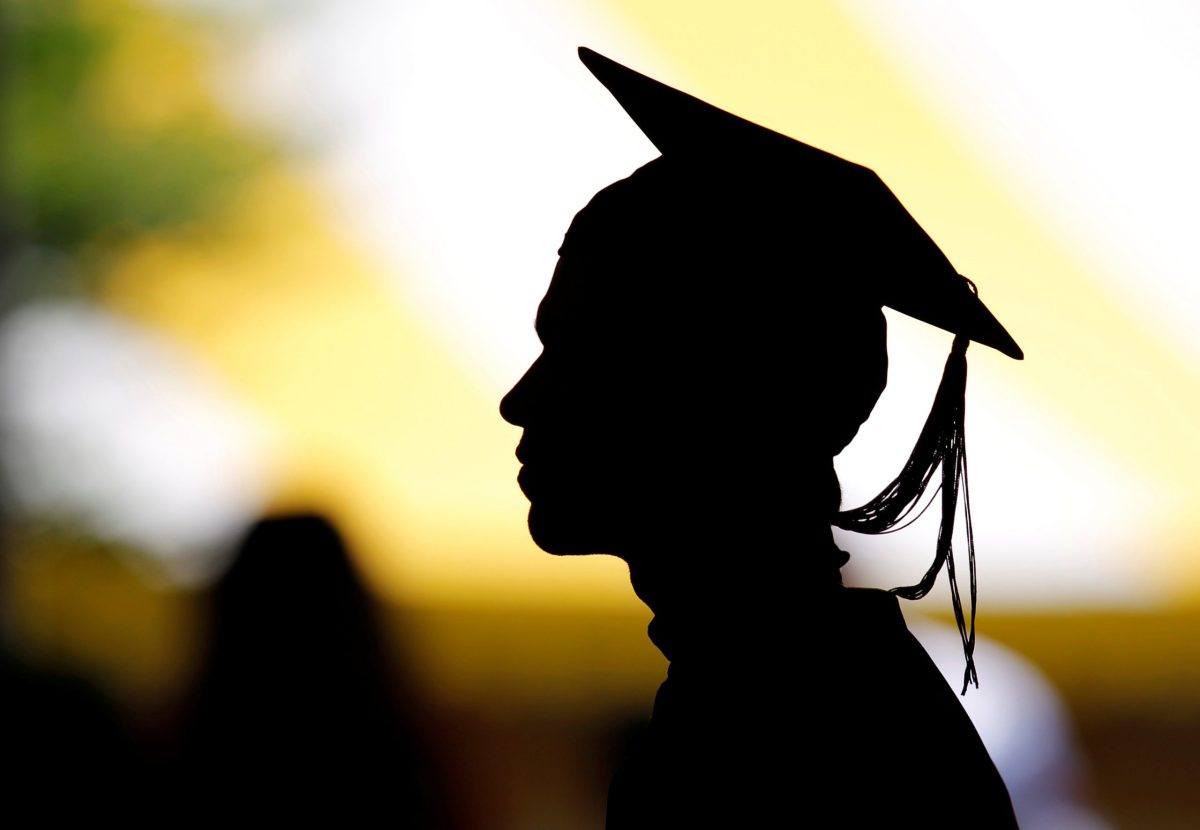BY JAN WOLFE
Classes in tents. Roommates assigned based on coronavirus antibody tests. Residences set aside for quarantined students. U.S. college life could look dramatically different when classes resume in the fall.
Colleges emptied dormitories and moved classes online in March as the pandemic worsened — a decision that left many students clamoring for partial refunds.
Facing budget shortfalls, several colleges have said they are putting infrastructure investments on hold, freezing hiring, and furloughing employees.
Now, universities are exploring creative, once-implausible approaches to make sure students can return to campus in the 2020-2021 academic year.
“There will be changes for sure, but one way or another we are going to be open,” said James Herbert, president of the University of New England (UNE), a private college in Maine.
The selling point of residential colleges is campus life and the sense of community it fosters, said Brian Rosenberg, president of Macalester College in Minnesota.
When classes are online, private schools cannot make money from housing and dining services, and they struggle to justify tuition costs, Rosenberg said.
The average tuition and fees at an in-state public college was $10,116 for the 2019-2020 year and $36,801 at private schools, according to U.S. News and World Report.
“The best scenario from a financial perspective for any residential college is to try get in as much of a full year open on campus as possible,” Rosenberg said.
School administrators are eyeing changes to dormitory life.
Herbert of UNE said the university is looking into assigning roommates based on the results of tests that can detect if someone has antibodies to the coronavirus.
Ideally, a student without antibodies would be paired with one who has them to prevent roommates from infecting each other, Herbert said.
“We require students to be vaccinated – to have certain vaccines – so I think you could certainly require students to have the antibody test,” Herbert said.
He added the plan is a “work in progress” and depends on the accuracy of tests and ongoing research.
“If the science improves, and the availability improves over the coming months, it could be a really useful tool.”
David Greene, president of Colby College in Maine, said he expected some residential facilities would be set aside for infected students.
UNE is considering renting rooms at a hotel near campus to space students out, Herbert added.
Social distancing measures will also impact on-campus classes, transforming academic life for students.
Because the virus spreads more easily in confined spaces, Stanford University in California is considering holding classes outdoors in large tents, a university spokesman said.
Colleges could suspend lecture classes that pack hundreds of students into big auditoriums and, instead, host smaller classes in auditoriums so students can sit further apart, Rosenberg said.
Brown University in Rhode Island may require students and faculty to wear face masks and place limits on athletics, concerts and parties, the school’s president Christina Paxson wrote in an April 26 op-ed for the New York Times.
Even with precautions, colleges cannot eliminate the risk of outbreaks and should be transparent about it, Herbert said.
University of New England may send “consent forms” to students and their parents making clear they are “assuming a somewhat higher risk” by returning to campus, Herbert said.
Questions also remain about whether students on packed college campuses, known for partying and athletic culture, will adhere to social distancing and other safety measures.
“I expect there will be at least some groups of people that wouldn’t listen and have normal social gatherings, but I think overall most people will be respectful,” said Madeleine Larsen, a sophomore student at the University of California, Los Angeles.
The 20-year-old added she was still undecided about returning to UCLA and might take a year off if classes in September are online.
Larsen said she will likely return to campus if there is in-person instruction, even if it means accepting dramatic changes to college life.
“There’s no way things can go back to the way they were before — that’s just not realistic at this point,” she said.


































